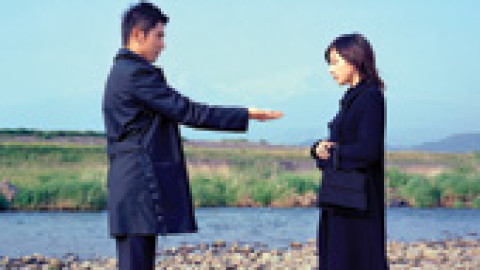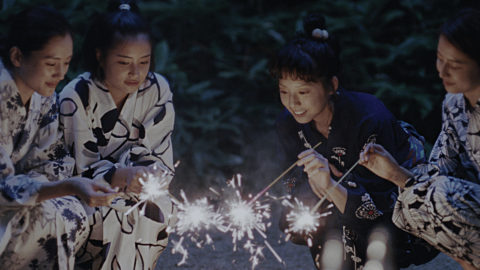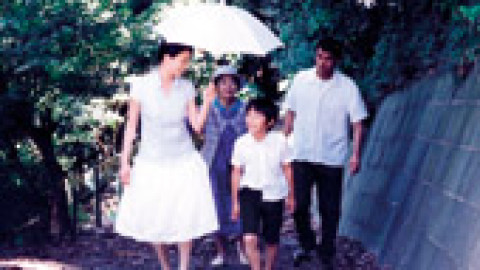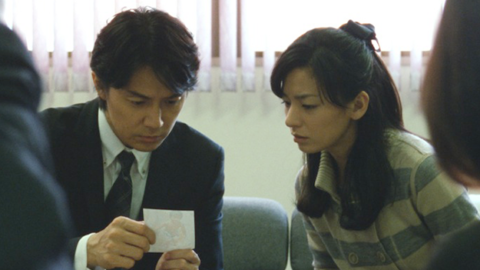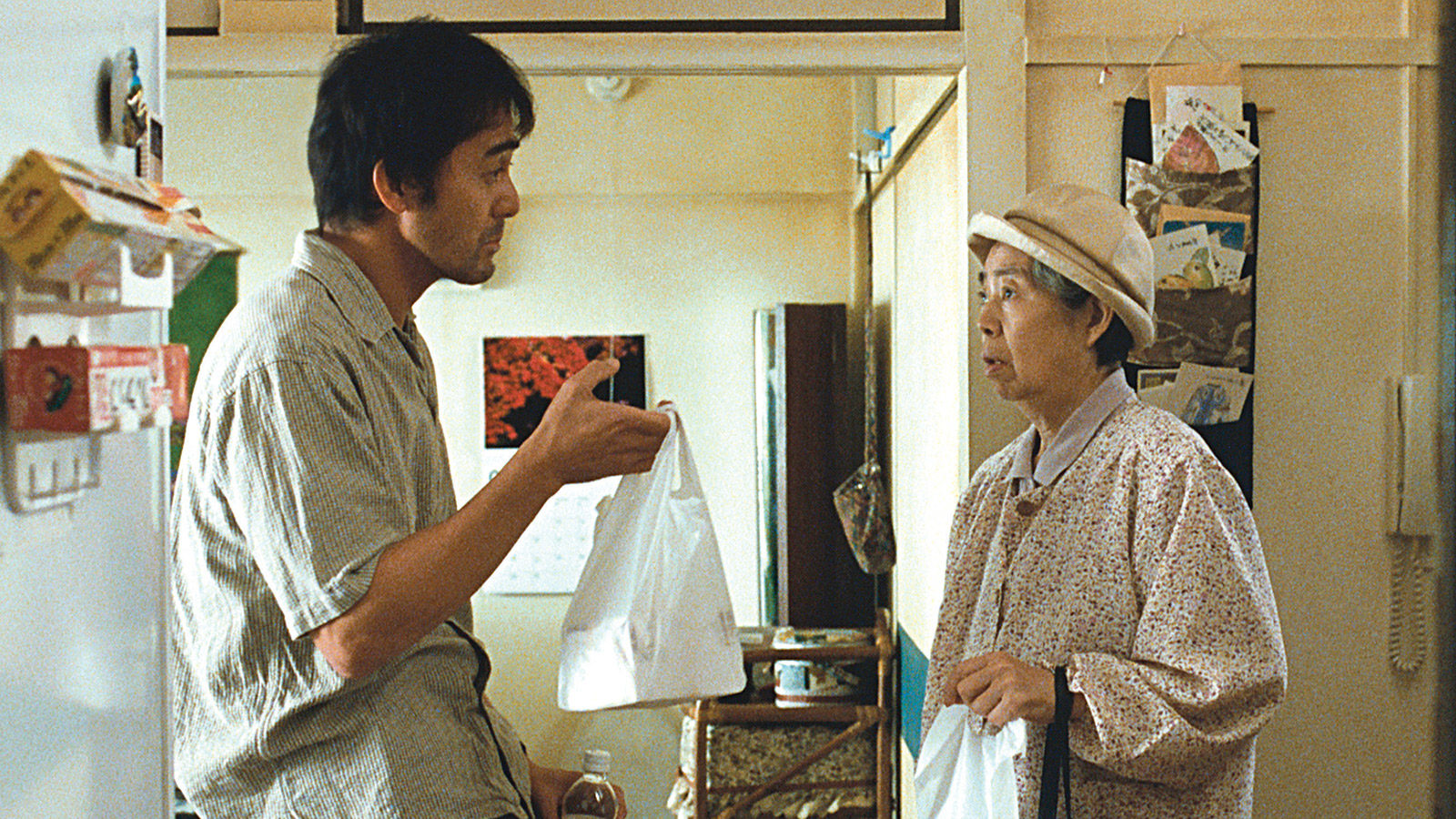
Short Take: After the Storm
In Hirokazu Kore-eda’s achingly lovely Still Walking (2008), the sublime Kirin Kiki lovingly prepares a meal of corn tempura, pork belly kakuni, and kinpira daikon for her reunited family. As in so many of Kore-eda’s films, everyday comforts sustain and nurture otherwise strained relations; remember the whitebait fish toast in last year’s Our Little Sister?
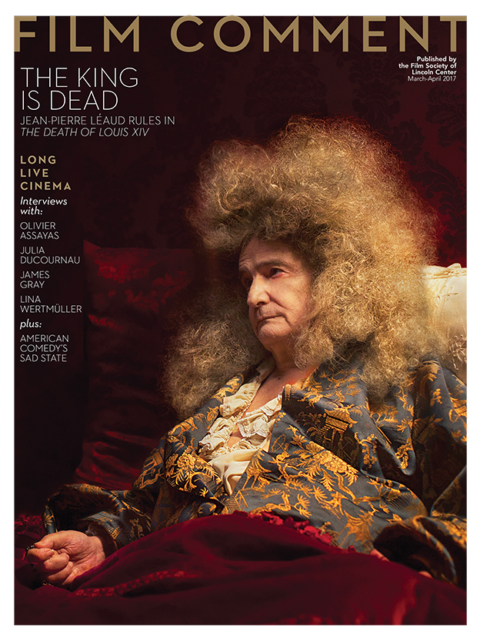
In his new film, After the Storm, which the director considers a spiritual continuation of Still Walking, Kiki, as another gently manipulative matriarch, warms the souls of her divorced son Ryota (Hiroshi Abe) and daughter-in-law Kyoko (Yoko Maki), and their 11-year-old son, Shingo (Taiyo Yoshizawa), with steaming bowls of noodles and bean curd and jars of scrumptious-looking pickled delights. Much of this happens during the second half, set during a typhoon that has forced them to wait out the night at Grandma’s Tokyo apartment and confront their simmering conflicts.
Before this productive standstill, the first half of the film has a more conventional forward motion, following disheveled man-child Ryota as he gambles at the racetrack and works as a part-time private detective, a job that allows him to observe from a distance the lives of others, and occasionally his own estranged family. If these early passages feel uncommonly unmoored for Kore-eda, it’s because he’s at his best in moments of togetherness, an artist who believes in the power of family without advocating for a return to the womb.



